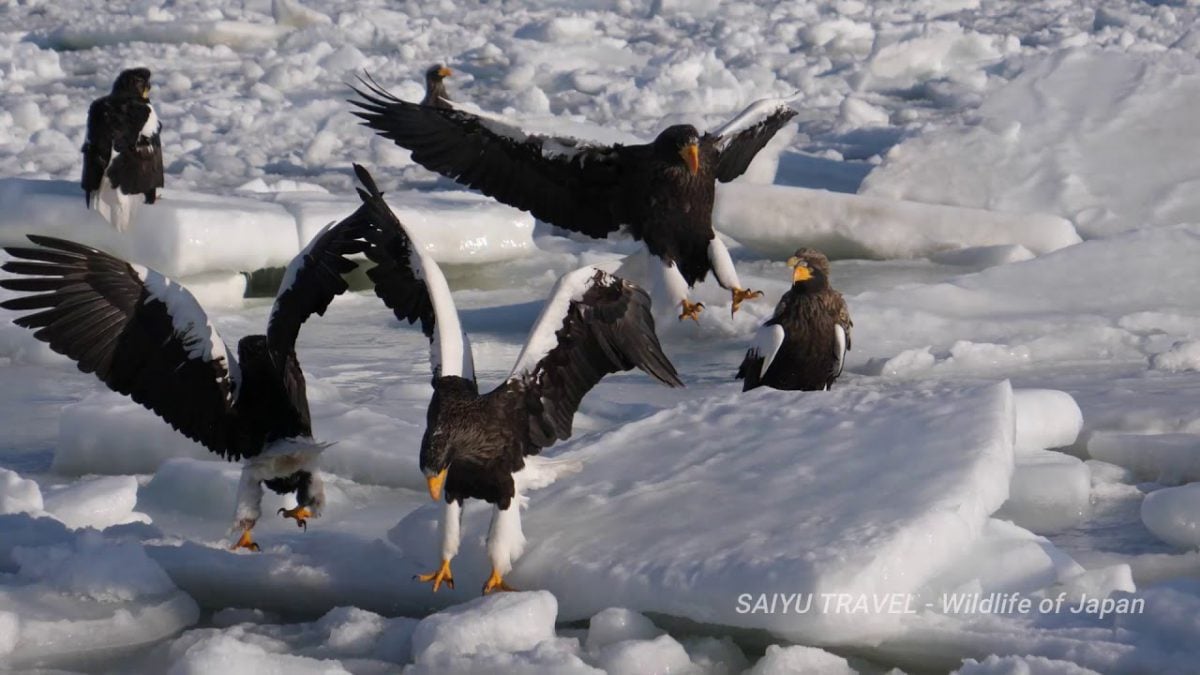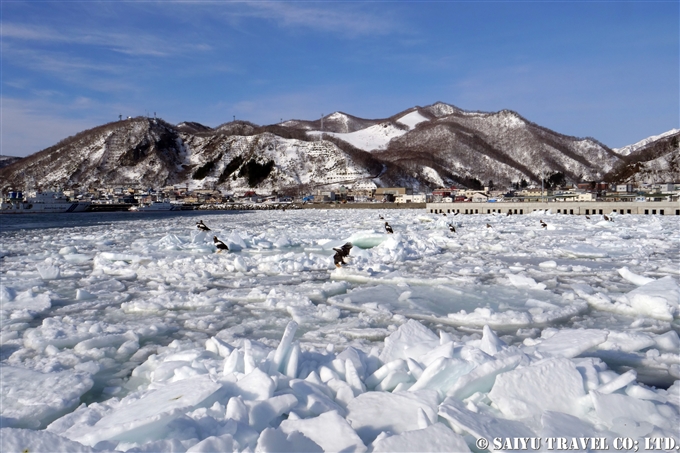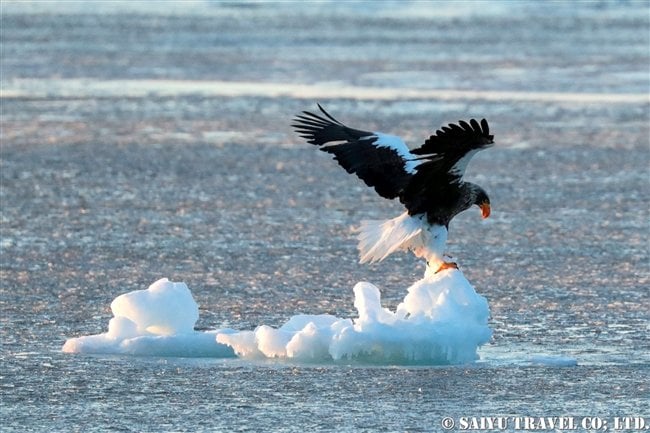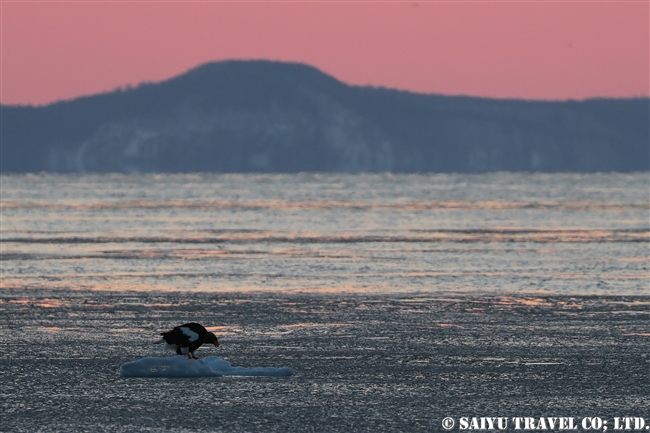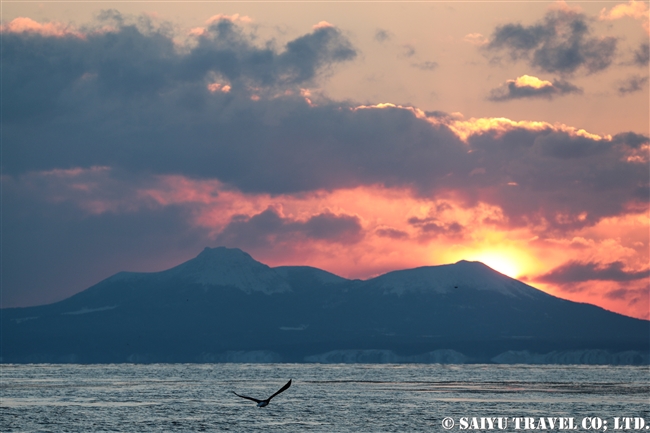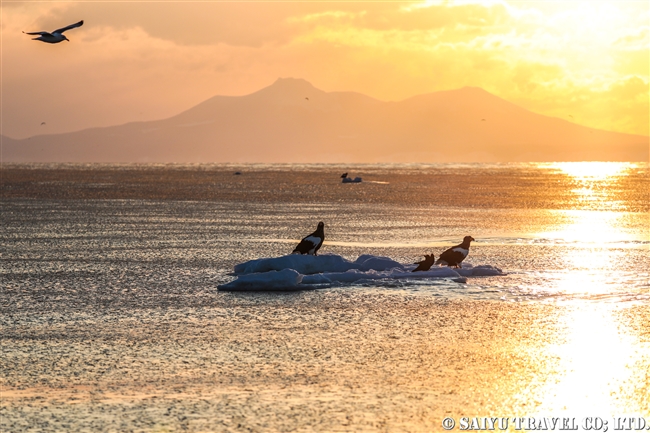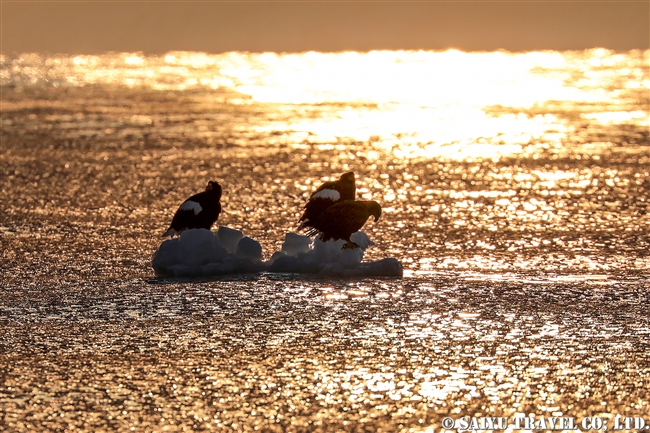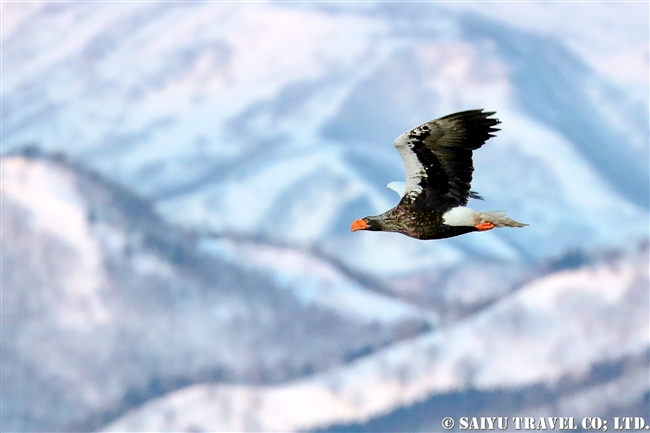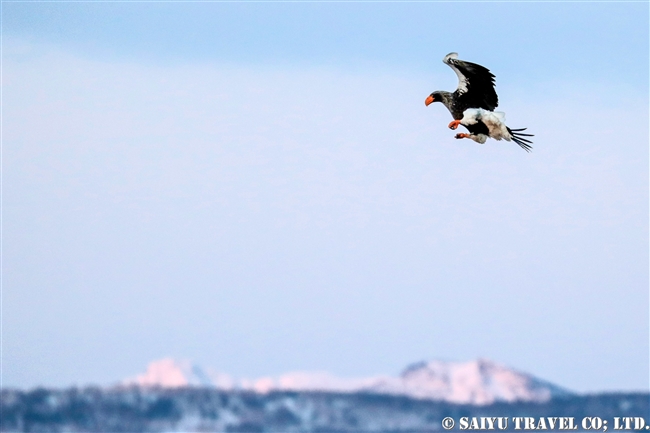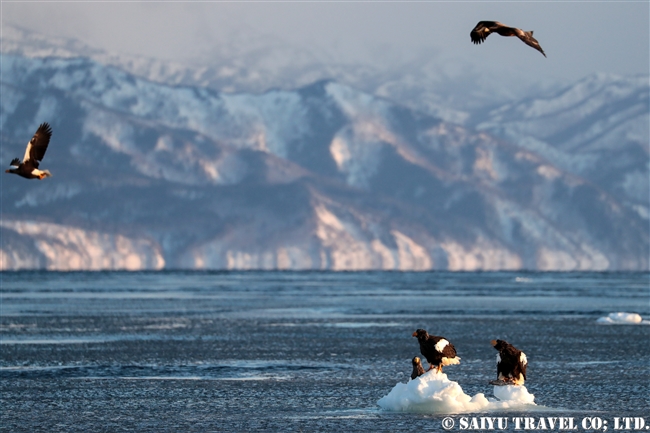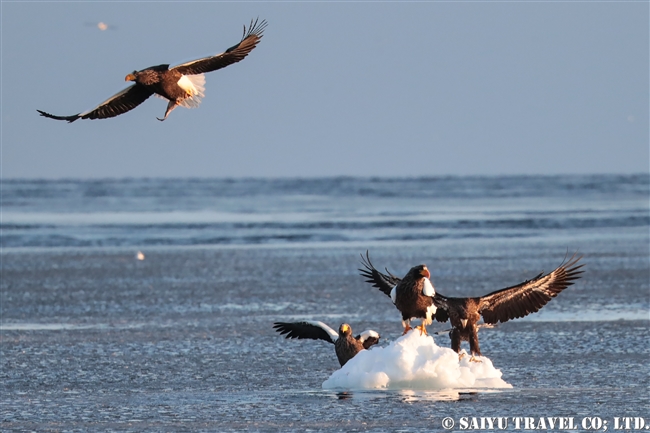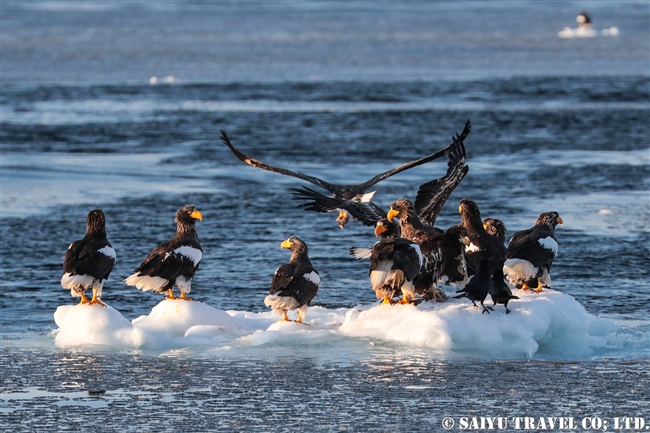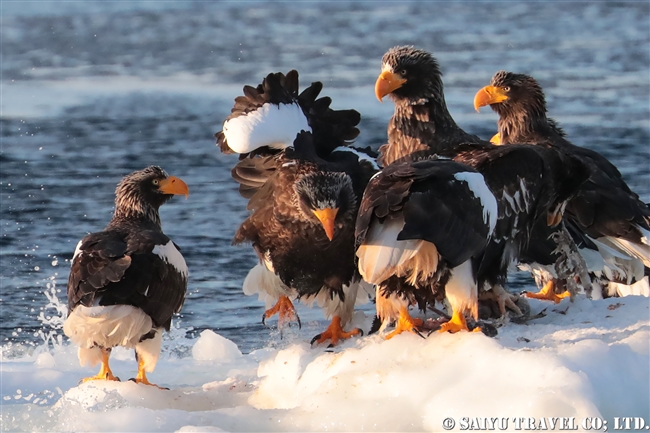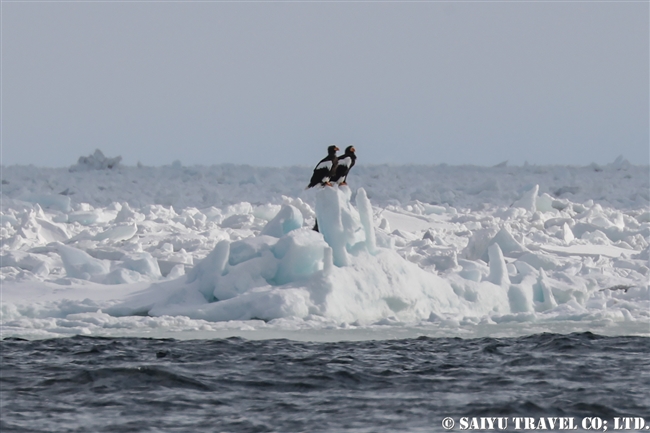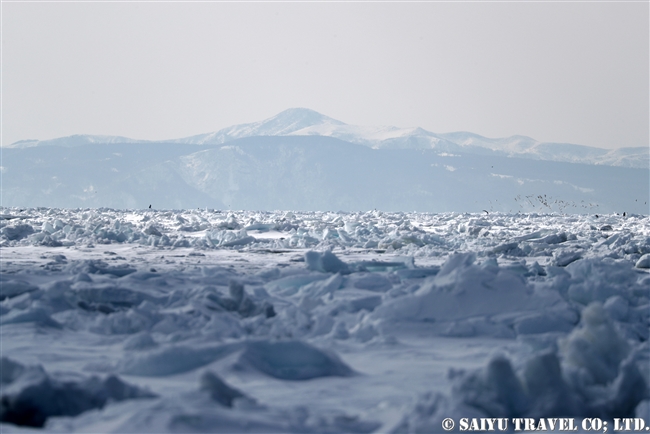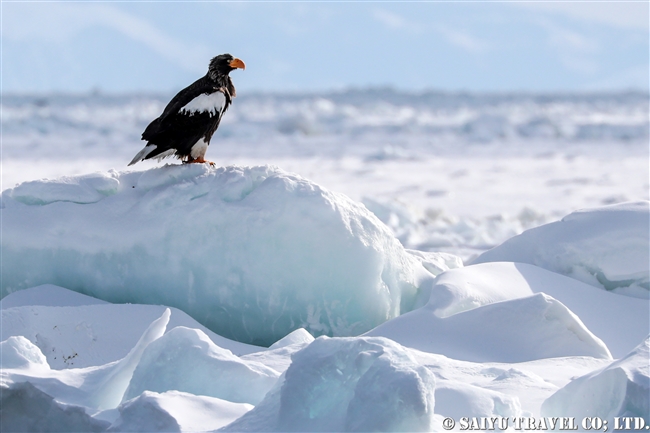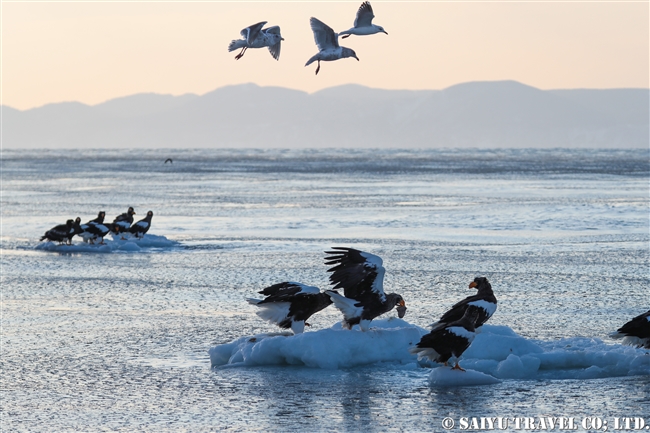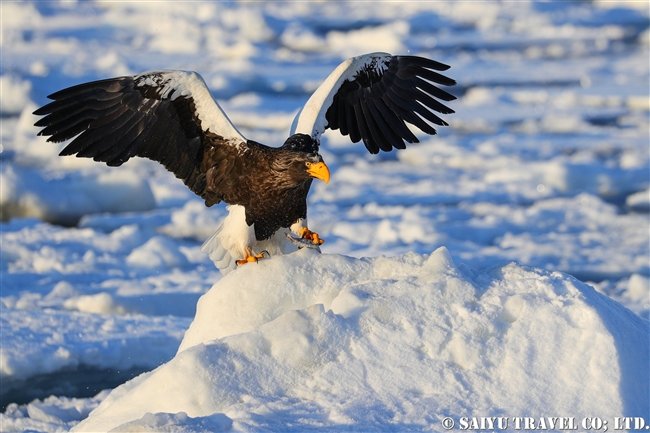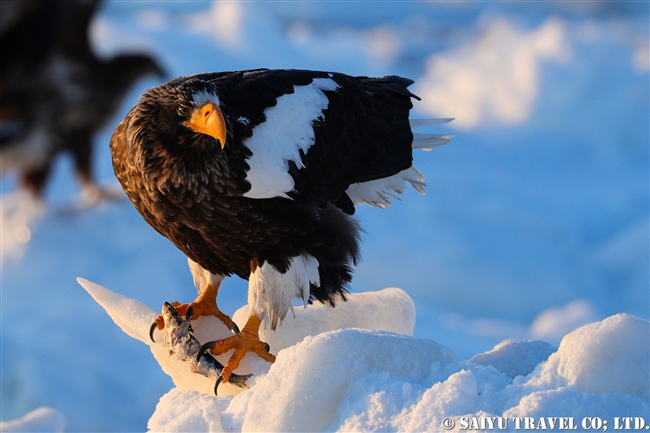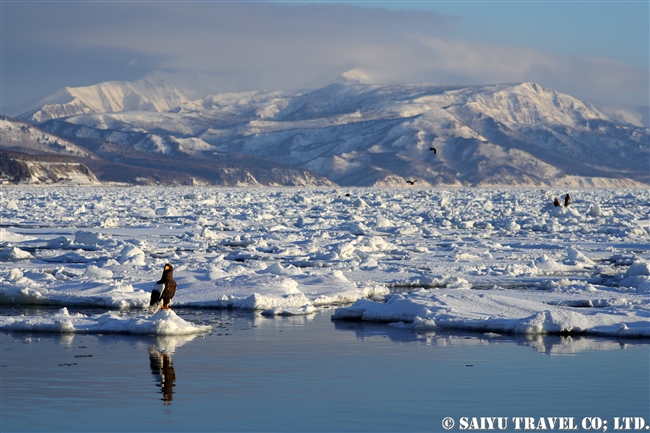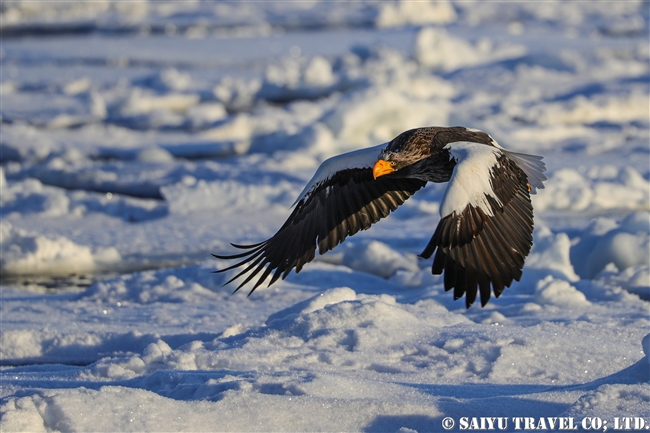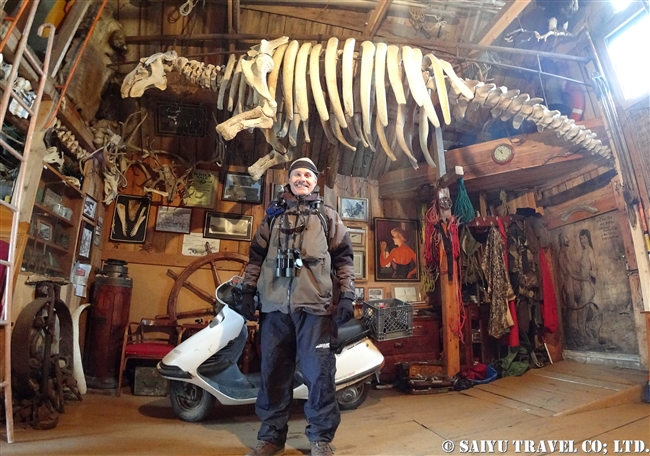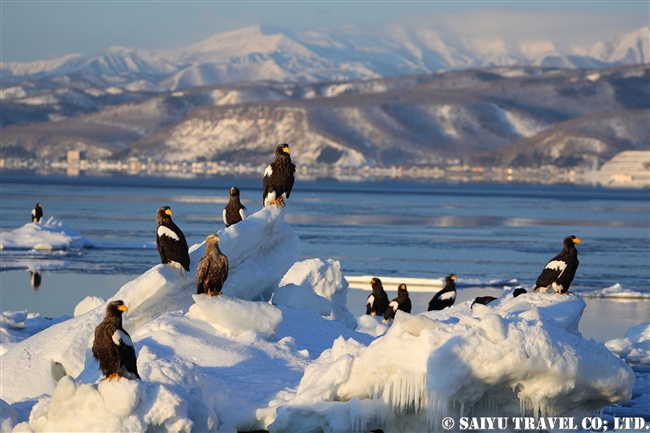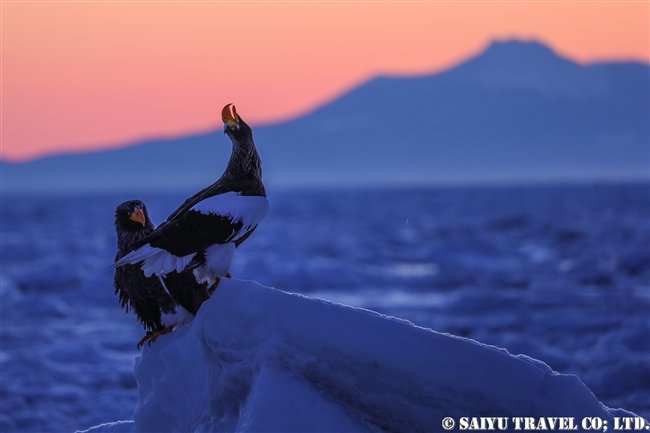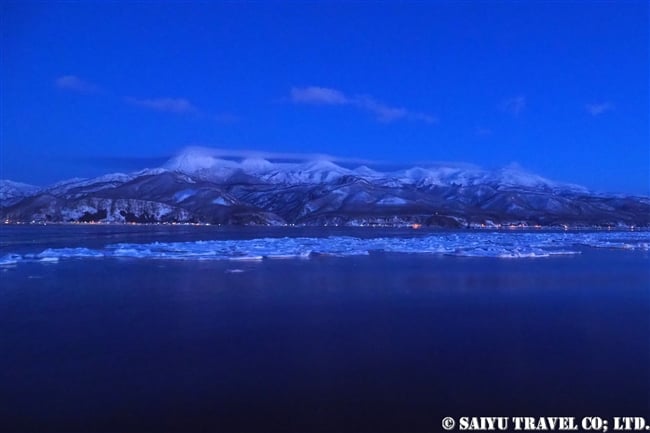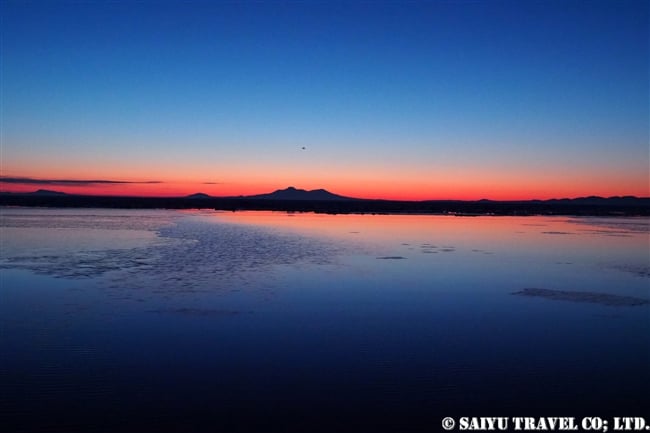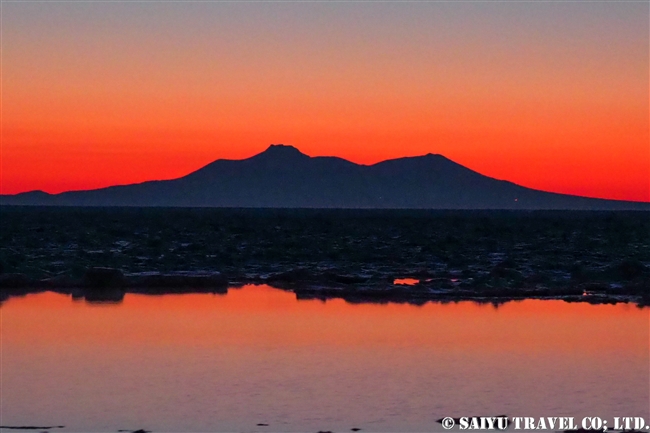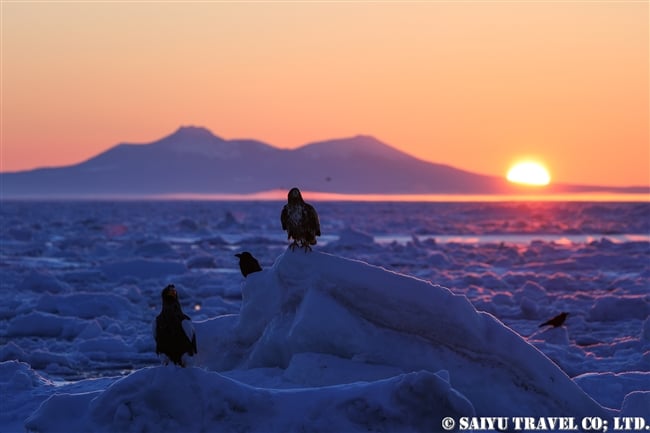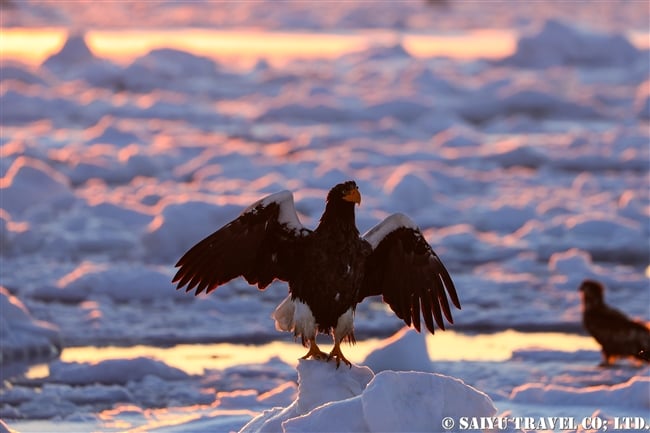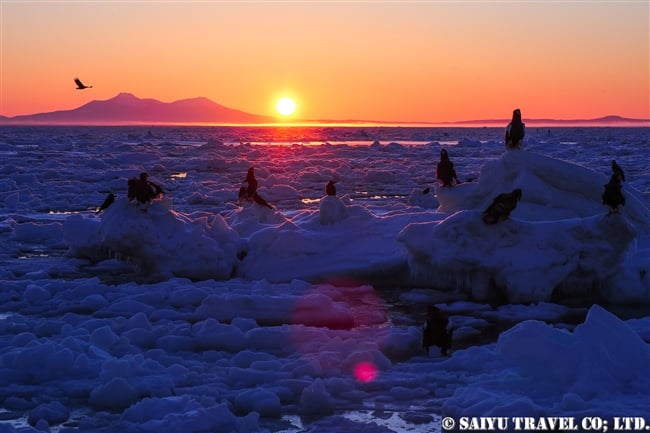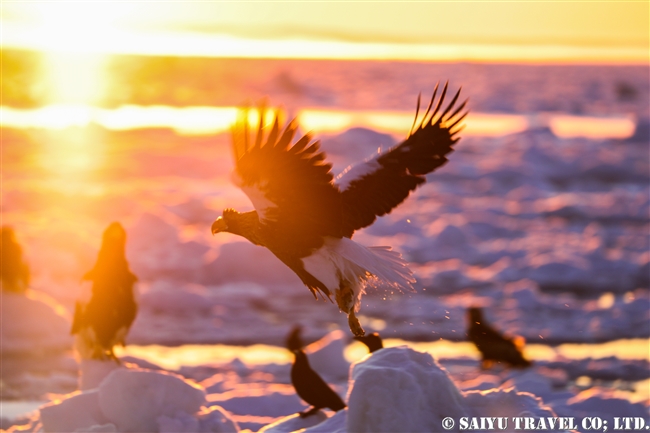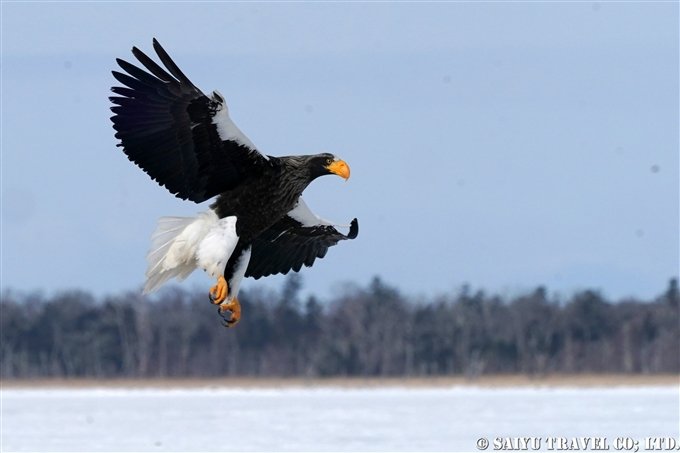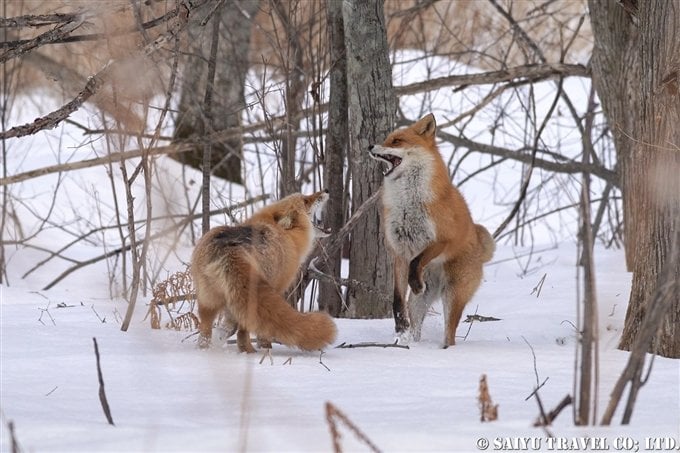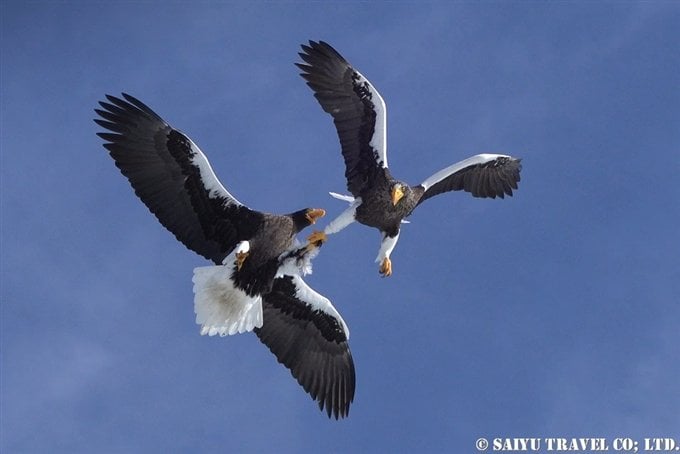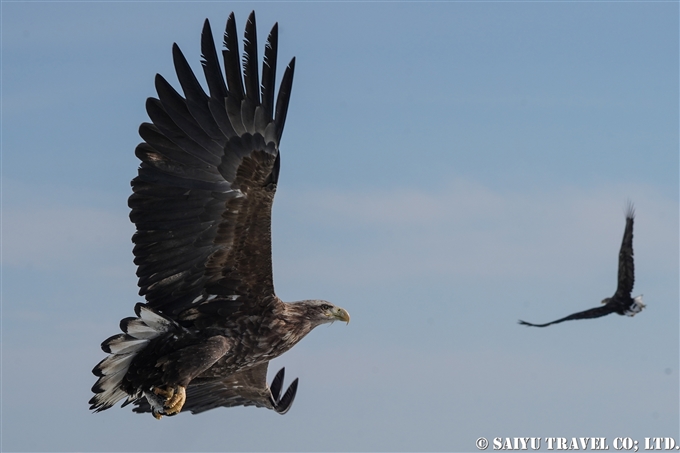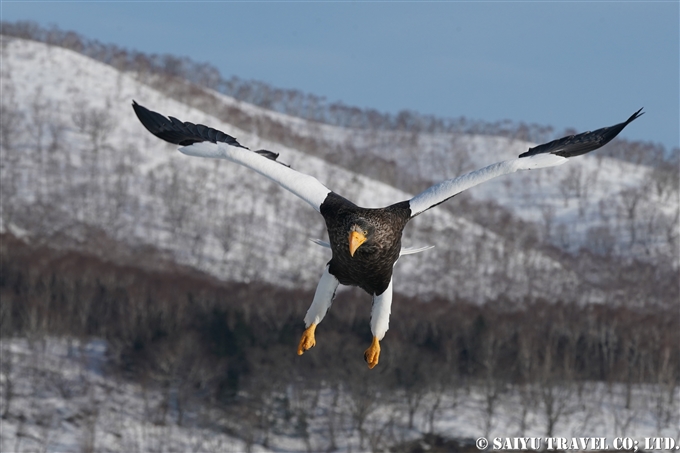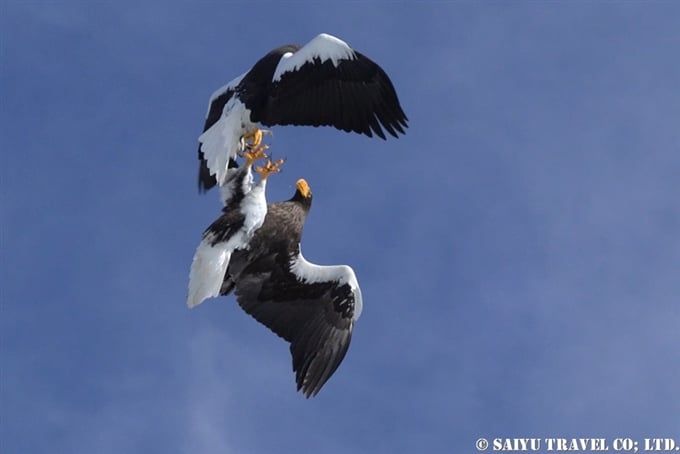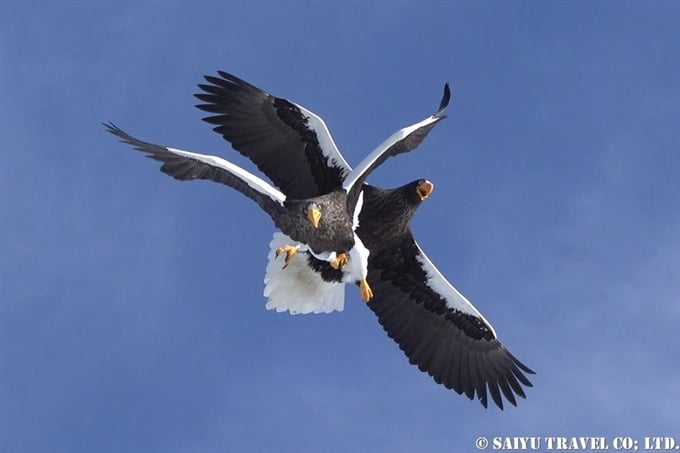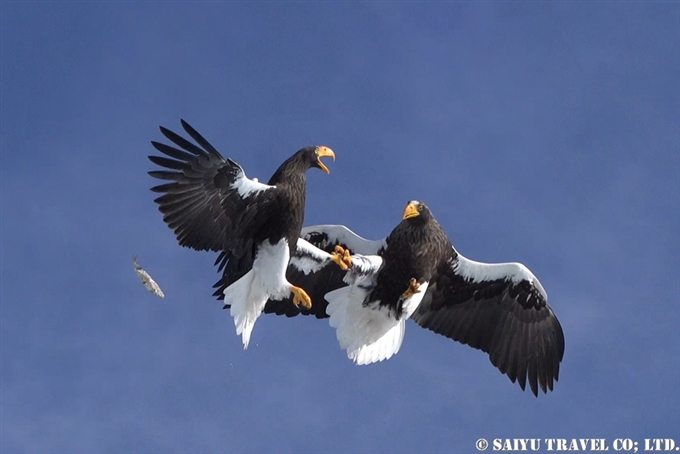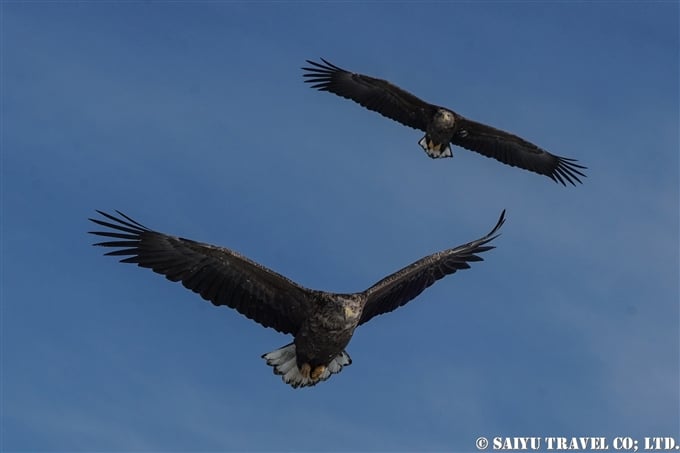
The Ezo red foxes live all over Hokkaido island. Officially a subspecies of the red fox, Vulpes vulpes schrencki, they inhabit the islands of Hokkaido, Sakhalin and the Southern Kuril Islands.
For those of us who live in Hokkaido, they are a familiar face that we often see in the city. However, people should be careful not to get close to them because they are hosts to a parasite called Echinococcus. Echinococcus (a type of tapeworm) is said to have spread to Hokkaido through fur fox farming in the Aleutian Islands and Kuril Islands. Sadly, the Ezo red fox has become the definitive host of the parasite Echinococcus. There are programs for delivering anthelmintic drugs to the fox population to reduce the infection rate.


During the summer, Ezo red foxes don’t look very beautiful because their fur sheds unevenly. Unlike the Japanese red foxes of mainland Japan (a subspecies of the red fox, Vulpes vulpes japonica), the Ezo red fox, Vulpes vulpes schrencki, which inhabits Hokkaido, north of the Blakiston’s line, has fluffy winter fur and gives it that beautiful look.

Also, the whiteness of the snow makes their brown fur stand out. Especially from February to March, during their breeding season, they are often seen in pairs. If you are lucky, you may see them chasing each other playfully, or mating in the forest.



Photo & text: Shohei MORITA (Shiretoko Serai)
*Contact us, Saiyu Travel for more information about wildlife and bird watching in Hokkaido. We can make various arrangements for your trip. We have a guesthouse, Shiretoko Serai, in Rausu, Shiretoko Peninsula.
Tags: Shohei Morita, Eagle photography of Japan, Wildlife in Hokkaido, Hokkaido Fox, Shohei Morita Photography, Red fox, Vulpes vulpes schrencki, Ezo-red fox, Hokkaido red fox, Mating of ezo red fox, Wildlife of Hokkaido, Kita-kitsune, Wildlife of Japan, Kitsune, Wildlife Photography tour in Japan, Teshikaga, Wildlife tour in Japan, Widlife in Japan













